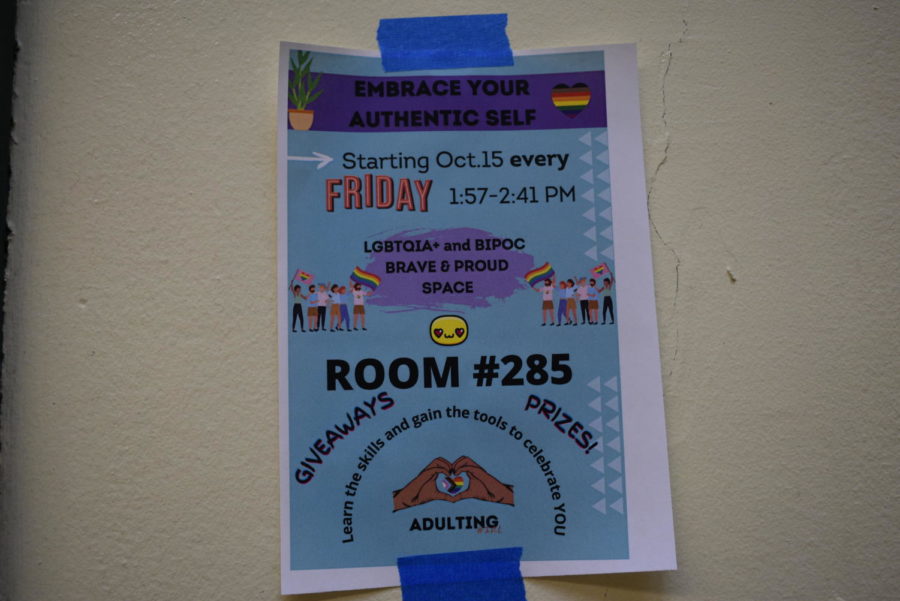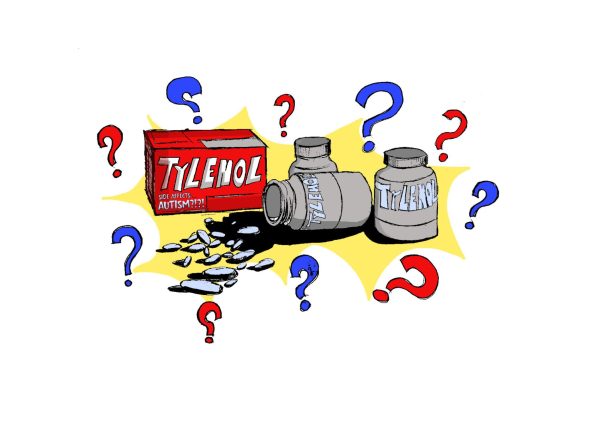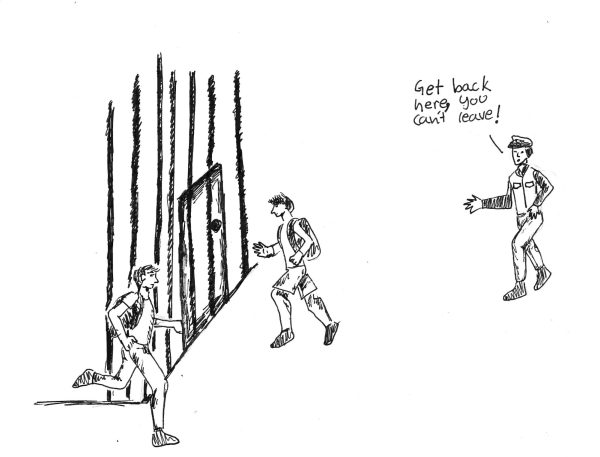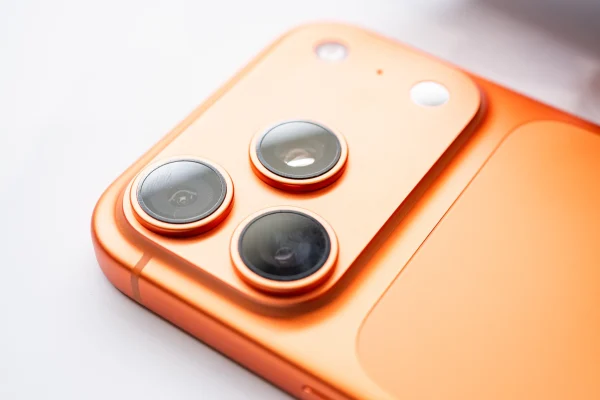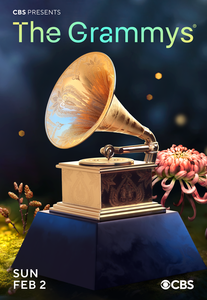‘Adulting IRL’ Program Debuts at Cleveland
Clarion photo Anna Suydam
Poster promoting the new class Adulting IRL, located in room 285 every Friday during seventh period.
This past Friday, during a 44-minute seventh period, Des Bensile and Nikobi Petronelli held their first in-person Adulting In Real Life group. They set up a central table with fidget toys, comprehensive art kits, and a small notebook with an overview of the program inside, with room for around 16 students, although only one other person besides myself was present. The pilot program began in its first school setting.
Bensile and Petronelli, as well as their third co-founder Crissy Oyervides, are mental health practitioners who have been working in peer support for youth in Portland for years. The initial idea of Adulting IRL, Des explained, was to bring this support to students in the place where they spend much of their time, away from the trauma of a chaotic outside world. Cleveland is the first school to partner with Adulting IRL, acting as a pilot for its establishment in PPS. Last year, Cleveland held this program virtually, and the results were promising enough to hold it in classrooms.
The program (described as “not really a class, not really a group, but a mix of both” by Vice Principal Danielle Cota) is centered around positive self-identification, skill development, and providing support to peers. Specifically, it focuses on supporting Black and Brown students and LGBT+ students as they navigate challenging or vulnerable environments.
Cota describes this support as “more authentic than what you would get in a classroom that tries to falsely promote [values of diversity and acceptance].”
This authenticity is propelled by the advisors’ own experiences. “I was in high school in the early 2000s,” mentioned Nikobi. “It was not an easy time to be out and gay.” Des, Crissy, and Nikobi are all queer women of color.
As a course, the Adulting IRL curriculum contains four different sections. It begins with “This is Me,” a section about culture and self-identification, then transitioning into “Healing Vibes,” which focuses on building intentional resilience and finding purpose in life. It then goes into “Your Voice,” which is about self-advocacy, and finishes with “Livin’ your Best Life,” which contains material on deliberate peer support. This last section focuses on counseling and suicide prevention in a student’s own social group. Social health features heavily in Adulting IRL, which aims to let students express themselves, have honest conversations, and set boundaries without causing harm to themselves or others.
The class is run during seventh period, Fridays, in room 285, and will be conducted from Oct. 22 to Dec. 10. Students get excused absences to attend the course, but still need to make up work in their seventh period class. There are no hard boundaries for commitment to the program, and students can drop in or out as needed. Further contact information can be found in this flyer, and Adulting IRL is also on Instagram at @adulting_i.r.l.
Additionally, Des Bensile believes that if instructors are paid to be present in the course, students should be compensated as well. Thus, Adulting IRL has chosen to give students gift cards for each class they attend. At the end of the virtual program last year, students also had the option to receive drawing tablets – a significant gift for any aspiring digital artist!
Currently, the instructors are working on having attendance for this group also count as a health credit.
As a student coming out of one of the most stressful school years of my life, with plenty of peers feeling the same way, Adulting IRL is an invaluable resource for specific, tangible support. I personally believe that the focus on learning to support peers effectively and setting boundaries will be especially crucial in a post-quarantine social environment. In my own experience, after attending this group’s first meeting, It’s evident that Des and Nikobi, as counselors, put much effort into meeting youth as equals and being honest with them.



